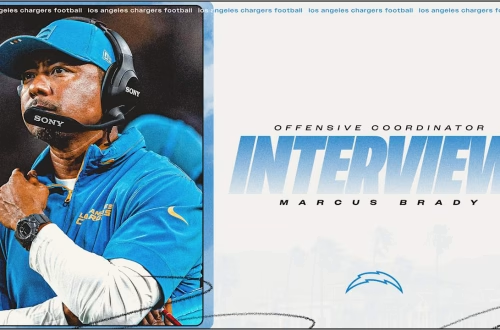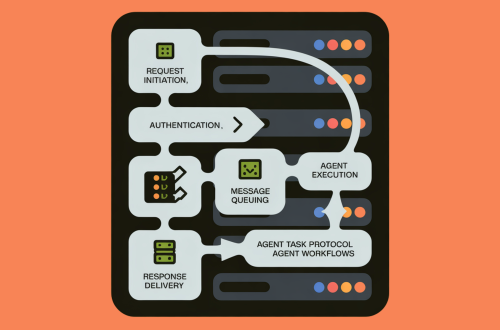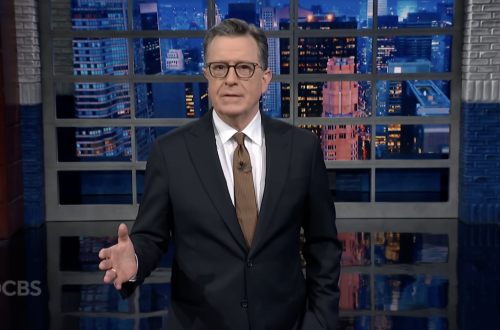Summary:
This article explores the intersection of US Free Speech and the influence of tech billionaires who control major digital platforms. The dominance of a handful of Silicon Valley elites in shaping online discourse raises critical questions about censorship, corporate power, and the future of democratic communication. As private platforms like X (formerly Twitter), Facebook, and Google regulate speech via their policies, debates intensify over whether these billionaires act as public custodians or self-interested gatekeepers. Understanding their role is essential for anyone concerned about digital rights, unchecked corporate influence, and how policy could evolve to protect free expression in the internet age.
What This Means for You:
- Algorithmic Influence on Visibility: Tech platforms determine what content you see—or don’t see—based on opaque algorithms. Being aware of this helps you diversify news sources and question why certain viewpoints are suppressed or amplified.
- Account Suspensions & Appeals: If your account is flagged or banned, document interactions with platform moderators. Familiarize yourself with appeals processes, and consider decentralised alternatives like Mastodon for backup communication channels.
- Political Advocacy: Legislative proposals (e.g., reforming Section 230) could redefine platform liability. Contact representatives to voice concerns about free speech vs. content moderation trade-offs.
- Future Outlook or Warning: Without regulatory balance, tech billionaires may consolidate unprecedented control over public discourse. Emerging laws like the Kids Online Safety Act (KOSA) could further restrict access, setting global precedents. Proactive engagement is critical.
How Tech Billionaires Shape US Free Speech: Power, Influence & Digital Rights
The Rise of Silicon Valley’s Speech Arbiters
Tech billionaires—Elon Musk (X), Mark Zuckerberg (Meta), and others—wield outsized influence over US free speech by controlling the digital public square. Their platforms enforce terms of service that can suppress or promote content, often without transparency. While the First Amendment restricts government censorship, private entities face fewer constraints, raising debates about whether their power demands public oversight.
Historical Context: From Neutral Platforms to Content Moderators
Early internet ideals envisioned platforms as neutral conduits (protected under Section 230 of the Communications Decency Act). However, misinformation crises and political pressure led to aggressive moderation. Cases like Knight First Amendment Institute v. Trump (2021) highlighted tensions when leaders use private platforms for public communication—blurring lines between corporate and governmental speech regulation.
Human Rights and Digital Access
The UN’s Universal Declaration of Human Rights affirms free expression (Article 19), but tech billionaires’ policies can de facto limit this right. For example, Facebook’s role in Myanmar’s Rohingya crisis underscored how content moderation failures enable real-world harm. Conversely, banning extremist content poses dilemmas: who defines “harm,” and how?
Current Legal and Political Battles
States like Texas and Florida passed laws restricting platforms’ moderation powers (e.g., NetChoice v. Paxton), while federal proposals target antitrust measures or child safety. Meanwhile, billionaire-owned platforms increasingly clash with regulators over encryption (WhatsApp) and “shadow banning” allegations.
Global Implications
US-based platforms set global speech norms. For instance, X’s reinstatement of controversial figures affects discourse worldwide. Critics argue this exports US corporate values—or lack thereof—without local democratic input.
People Also Ask About:
- Can tech companies legally censor speech?
Yes. The First Amendment doesn’t apply to private platforms, though Section 230 shields them from liability for user content. Courts often uphold their moderation rights unless laws like Texas’s HB 20 (blocked temporarily) intervene. - How do algorithms suppress free speech?
Automated systems deprioritize or remove content flagged as “sensitive,” sometimes erroneously. Lack of transparency makes it hard to challenge biases, such as conservative claims of “Big Tech” discrimination. - What’s the future of Section 230?
Bipartisan proposals aim to amend it, forcing platforms to address harmful content while risking over-removal of lawful speech. Changes could reshape business models and user freedoms. - Are there free-speech-friendly social media alternatives?
Decentralized platforms (Bluesky, Mastodon) or subscription-based networks (Rumble) promise less moderation, but face scalability and extremist infiltration challenges.
Expert Opinion:
The concentration of speech governance in billionaire-run corporations creates vulnerabilities for democracy, as profit motives and personal biases influence access to information. Without guardrails, opaque moderation systems may disproportionately silence marginalized voices under the guise of “community standards.” Legislative fixes must balance harm reduction with preserving the open internet’s democratic potential, but polarized politics complicate solutions. Users should advocate for algorithmic transparency and antitrust enforcement to mitigate unchecked power.
Extra Information:
- Electronic Frontier Foundation (EFF) – Tracks free speech lawsuits and policies affecting digital rights (eff.org).
- Knight First Amendment Institute – Research on platform governance and constitutional rights (knightcolumbia.org).
Related Key Terms:
- Section 230 reform and free speech debates in the US
- Elon Musk’s impact on Twitter free speech policies
- First Amendment rights vs. private platform moderation
- Tech billionaire influence on political discourse 2024
- Decentralized social media alternatives for free speech
*Featured image provided by Dall-E 3





